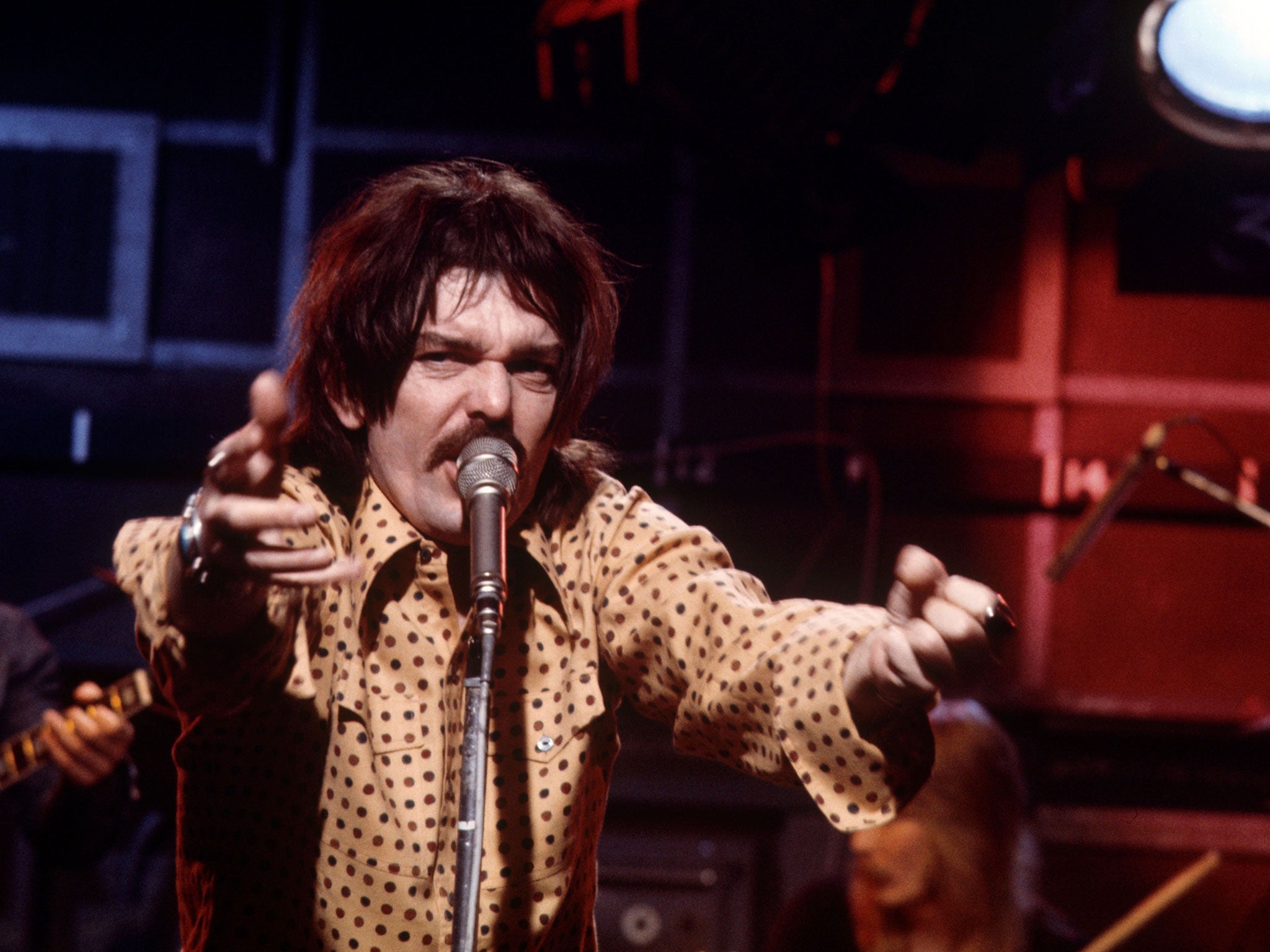Your support helps us to tell the story
From reproductive rights to climate change to Big Tech, The Independent is on the ground when the story is developing. Whether it's investigating the financials of Elon Musk's pro-Trump PAC or producing our latest documentary, 'The A Word', which shines a light on the American women fighting for reproductive rights, we know how important it is to parse out the facts from the messaging.
At such a critical moment in US history, we need reporters on the ground. Your donation allows us to keep sending journalists to speak to both sides of the story.
The Independent is trusted by Americans across the entire political spectrum. And unlike many other quality news outlets, we choose not to lock Americans out of our reporting and analysis with paywalls. We believe quality journalism should be available to everyone, paid for by those who can afford it.
Your support makes all the difference.The three albums Captain Beefheart made for Warner/Reprise in the early Seventies constituted an attempt to recapture the blues potency of his Safe as Milk debut, without sacrificing the extraordinary avant-garde inroads made with the legendary Trout Mask Replica. This 4CD set completes coverage of this most explosively florescent period of his career by including an additional disc of alternative takes and outtakes.
The singular sound of 1970’s Lick My Decals Off, Baby was partly due to the addition of Art “Ed Marimba” Tripp’s quizzical marimbas, which interlocked ingeniously with Bill “Zoot Horn Rollo” Harkleroad’s prickly, serrated guitar lines, while Beefheart bawled and croaked like Howlin’ Wolf over the erratic, rumbling grooves of John “Drumbo” French. There’s an earthy, surreal sensuality to Beefheart’s lyrics that’s by turns hilarious, moving and scary, its imagery ramming emotions and metaphors together in disconcerting juxtapositions. But one significant thread was the singer’s early ecological interest, expressed in lines like, “I just scooped up a little of the sky, and it ain’t blue no more/What’s on the leaves ain’t dew no more”.
The expressionist blues of 1972’s The Spotlight Kid partly rationalises Decals’ prickly innovations, but the railroad-rhythm of “Click Clack” and Rollo’s coruscating guitar solo on “Alice in Blunderland” presaged the power and focused ambition of Clear Spot, which appeared later that year. This is music of stellar quality, from the smirking masturbation anthem “Low Yo Yo Stuff” to the berserk wizardry of “Big Eyed Beans from Venus”, all the more remarkable for the way in which Beefheart managed to incorporate the poignant beauty of touching love songs such as “My Head Is My Only House Unless It Rains” into the Magic Band’s scarified sound without detracting from its exploratory urgency.

Join our commenting forum
Join thought-provoking conversations, follow other Independent readers and see their replies
Comments